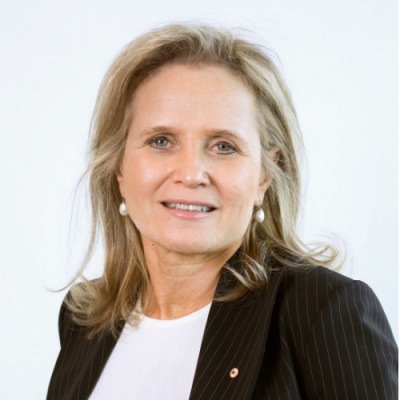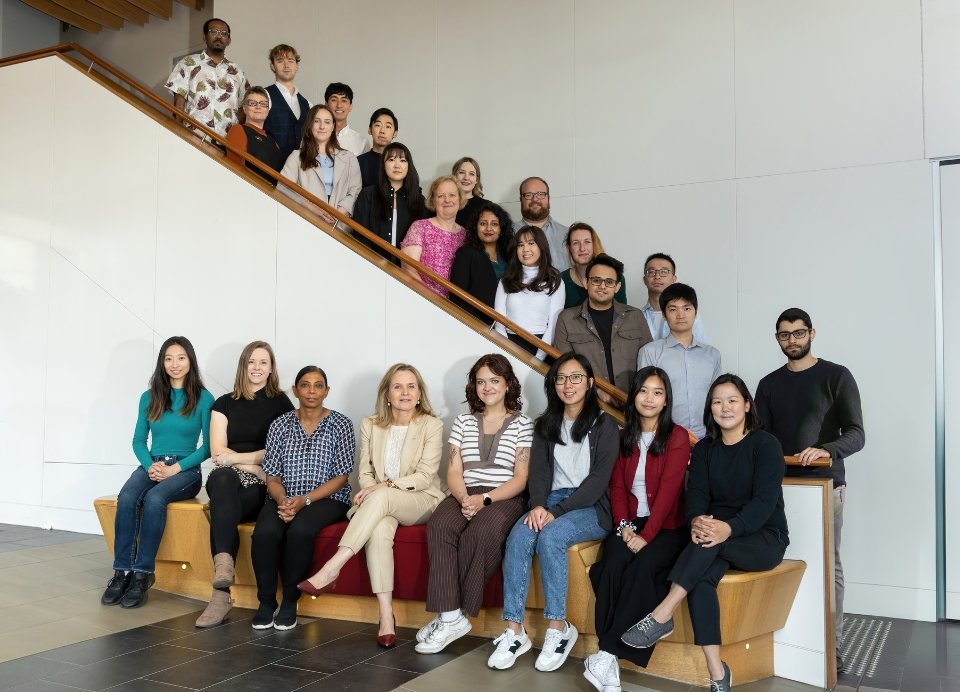-
HIV and co-infections
Co-infections with viral or bacterial pathogens cause significant morbidity in patients with HIV. In the case of HIV/HBV co-infection, morbidity and mortality secondary to liver disease is greatly increased compared to those infected with HBV or HIV alone. Mortality remains elevated even after treating both the HIV and HBV virus. The HBV Immunology Lab investigates the mechanism of how HIV can accelerate liver disease in patients co-infected with HBV. They hypothesise that this occurs by combined effects of HIV and HBV on inflammation in the liver. These studies could potentially lead to new treatments for liver disease. In addition they have a long-standing interest in developing novel assays to characterise the immune response to other important HIV co-infections, including cytomegalovirus (CMV) and Cryptococcus.
-
HIV Latency Reversing Agents
The biggest hurdle in curing HIV infection in an individual is that the virus remains dormant in some populations of cells, hiding from the immune system and the cocktail of antiviral drugs. This is described as HIV latency and poses a major barrier to curing HIV. The Lewin-Cameron Lab’s research focuses on agents that ‘wake up’ dormant HIV hiding in the body and reverse HIV latency. One group of drugs they strongly focus on is histone deacetylase inhibitors (HDACi).
-
HIV Reservoir Virology
The HIV Reservoir Virology group’s major focus is on unravelling the viral determinants of HIV latency. They use innovative virological techniques to understand how the virus can persist on ART using CD4+ T-cells from HIV-infected individuals on ART. The reservoir virology group also has a major interest in developing assays to better quantify HIV persistence on antiretroviral therapy.
-
HIV-related immune reconstitution and immune activation
Following antiretroviral therapy, CD4+ T-cells recover but often don’t recover to normal levels and immune activation can persist. Although patients are no longer at risk of AIDS associated illnesses, they are at increased risk of other diseases including cardiovascular disease, neurological disease and malignancy. The Lewin-Cameron lab is interested in determining novel host factors that influence immune reconstitution including genetic factors.
-
Dendritic cells and immunomodulation in HIV
Dendritic cell-T cell interactions in different tissues are critical in generating T cell immunity and this interaction is important in controlling productive HIV infection and latency in the T cells. The Lewin-Cameron Lab are exploring how different types of dendritic cells can control the establishment, reversal and maintenance of HIV latency. One major interest of this group is the role of immune check points and their blockade in DC-induced HIV latency.

Professor Sharon Lewin
(03) 8344 2252 | sharon.lewin@unimelb.edu.au
- Position:
- Director - The Peter Doherty Institute for Infection and Immunity
- Theme(s):
- Immunology, Viral Infectious Diseases, Bacterial and Parasitic Infections, Hepatitis , HIV
- Discipline(s):
- Discovery Research, Education & Professional Development, Global Health, Clinical and health systems research
- Unit(s):
- Department of Infectious Diseases
- Lab Group(s):
- Lewin Group
Professor Sharon Lewin is an infectious diseases physician and basic scientist, who is internationally renowned for her research into all aspects of HIV disease and specifically in strategies to achieve an HIV cure. Professor Lewin is the inaugural Director of the Doherty Institute and the Cumming Global Centre for Pandemic Therapeutics, a new centre at the Doherty Institute established by a philanthropic gift of $250 million from Canadian philanthropist Geoff Cumming and $75 million from the Victorian government. She is also a Melbourne Laureate Professor of Medicine at The University of Melbourne and the immediate Past President of the International AIDS Society (IAS) (2022 – 2024), the largest professional society representing people working in HIV medicine and has over 14,000 members. She is an Advisory Board member for the National Foundation for Australia-China Relations (NFACR), a Board Director for Doherty Clinical Trials Ltd and President of the Scientific Advisory Board of the ANRS/MIE, the largest funder of all infectious diseases research in France.
She received her medical degree (1986) and PhD (1997) from Monash University and post doctoral training at the Rockefeller University, New York (1997-1999). She heads a laboratory of 25 scientists and clinicians working on basic and translational research and early phase clinical trials aimed at finding a cure for HIV, understanding how HIV interacts with hepatitis B and novel antiviral strategies for SARS-CoV2. Her laboratory is funded by the NHMRC, the Medical Research Future Fund, the National Institutes of Health, the American Foundation for AIDS Research, mRNA Victoria and multiple commercial partnerships and philanthropic grants. She is also the Chief Investigator of The Australian Partnership for Preparedness Research on Infectious Diseases Emergencies (APPRISE) funded by the Federal Government, that aims to bring together Australia’s leading experts in clinical, laboratory and public health research to address key challenges in managing COVID19, including long COVID and antiviral utilisation in both indigenous and non-indigenous Australians.



